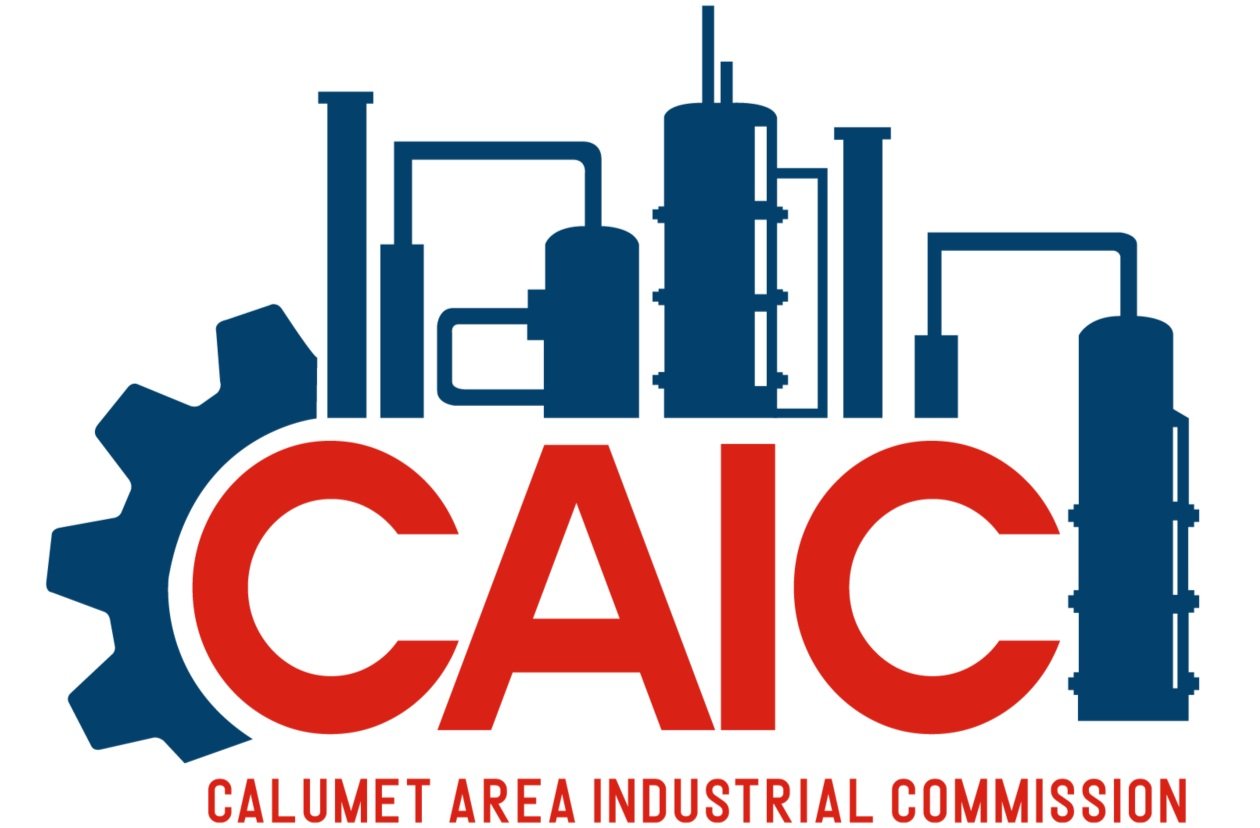It's Time to End the False Choice Between Public Health and Industry
As someone who has spent a lifetime living and working on Chicago’s Southeast Side, and now proudly serves as President and CEO of the Calumet Area Industrial Commission, I’ve seen firsthand how closely the health of our communities is tied to both environmental quality and economic opportunity. I also see a future for smart manufacturing that brings clean production to the region and transforms the Midwest’s manufacturing landscape. That’s why I’m concerned by the narrative forming around the proposed Hazel Johnson Cumulative Impacts Ordinance. Not because of its intent, but because of what it overlooks.
It’s time we recognize a simple truth: clean air and industrial and manufacturing jobs are not competing priorities. They are equal and essential elements of a healthy community. This ordinance jeopardizes and detracts future investment from companies with modern manufacturing methods. Just as we value breathable air and safe neighborhoods, we must also value stable employment, access to health benefits, and the dignity that comes with meaningful work. We must keep Chicago attractive for the manufacturing jobs of the future. Employment is a well-established social determinant of health, yet it is being left out of Chicago’s public health conversation.
A paycheck that supports a family, a job with health coverage, and a workplace that invests in its people are not footnotes in this discussion. They are central to it. In fact, if you look deeper at public health data, neighborhoods with better outcomes often have jobs that provide healthcare access. Simply comparing air quality does not tell the full story. Public health is more complex than that.
The ordinance downplays its impact by highlighting exemptions for businesses like retail or restaurants, but that framing misses the broader economic reality. It also implies that only low-impact or service jobs matter when evaluating community health. That is too narrow a view. A healthy city cannot rely solely on service jobs. It needs a balanced economy that includes industrial and manufacturing roles that provide skilled career paths, generate tax revenue, and bring long-term stability to neighborhoods that need it most. These jobs must be part of any serious conversation about equity and well-being.
We support Mayor Johnson’s call to reduce red tape and make Chicago more welcoming to business. It is a smart and necessary goal, one echoed by Planning and Development Commissioner Ciere Boatright. But this ordinance moves in the opposite direction, adding layers of bureaucracy for companies already under some of the nation’s strictest environmental rules. Public input matters, and when done well, it builds trust. But let’s be honest. Forums and advisory committees can sometimes become performances, driven by whoever shows up in force or holds political appointments. That does not build balanced dialogue. It creates sides instead of solutions. What we need are partnerships, not more process.
Hazel Johnson was a respected member of our community and a pioneer for environmental justice. We honor her legacy and support fair, inclusive planning that protects residents. But we also need to stop villainizing the very sectors working to be part of the solution and start providing incentives to companies that offer advanced manufacturing and 21st-century careers.
Today’s industrial and manufacturing operations are not what they were generations ago. It is misleading to invoke the image of yesterday’s smokestacks to describe today’s clean, modern, and highly regulated facilities. These businesses are rooted in Chicago’s neighborhoods, often led by people who live and work in the same communities. They meet tough environmental standards and care deeply about being responsible, contributing neighbors.
We are not asking to be exempt from oversight. We are asking to be seen for what we are. We are committed partners who want to help build a healthier, stronger, and more inclusive Chicago with a future for manufacturing that is brighter than our past.
Author Bio
Ted Stalnos is President and CEO of the Calumet Area Industrial Commission, which supports economic development, workforce training, and job creation across Chicago’s Southeast Side and Northwest Indiana.


